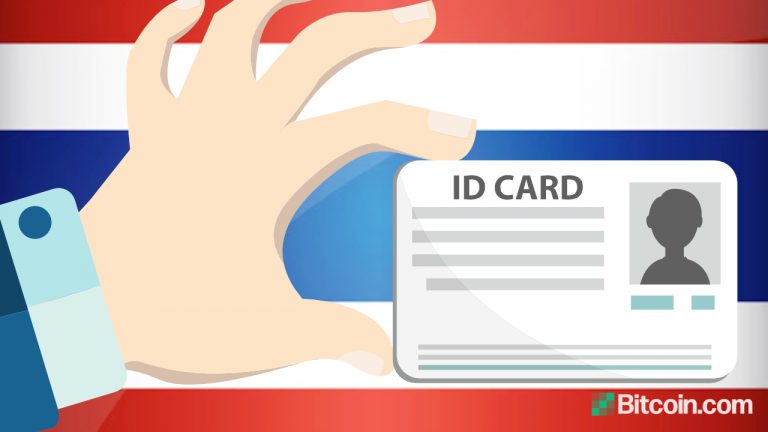
The Thai government has reportedly imposed a new cryptocurrency requirement. Crypto exchanges will be required to verify users’ identities using a machine that requires the customers to be physically present.
Thailand’s New Crypto Rules
The Thai Anti-Money Laundering Office (Amlo) has announced that starting in July “local digital exchanges must verify their customers’ identities through a ‘dip-chip’ machine that requires clients to be physically present,” the Bangkok Post reported.
Currently, the account opening process at crypto exchanges is done entirely online. To approve a new account, exchanges must ensure that the documents submitted by customers comply with the regulations set by the Thai Securities and Exchange Commission (SEC) for the know-your-customer (KYC) process and suitability test.
Furthermore, the documents must also be verified by relevant government agencies. The application will be rejected if the customer submitted fake documents or resides in a country where cryptocurrency trading is banned.
Poramin Insom, co-founder and director of crypto trading platform Satang Corp., explained:
Digital asset exchanges have a duty to report any transaction worth over 1.8 million baht [$58,000] under the money laundering law, and must set up a database for inspections by regulators.
The Anti-Money Laundering Act entered into effect in 1999 and requires entities operating financial businesses and legal professionals, such as investment advisers and real estate brokerages, to report any transaction meeting its requirements. They must also keep documentation and transaction data as evidence for 5-10 years.
In addition, about 6,000 gold shops nationwide will require customers to show their ID cards when buying or selling gold worth over 100,000 baht in cash.
However, the chief executive of Hua Seng Heng, Thanarat Pasawongse, explained that most large gold shops have already been using dip-chip machines to verify customers’ identities for four to five years because it is convenient.
In general, customers must show their ID cards for cash transactions of more than 100,000 baht. A report must be Filed with Amlo for transactions worth over 2 million and business operators must report any “suspicious” transactions to the authority.
What do you think about the new ID verification requirement for opening a crypto account in Thailand? Let us know in the comments section below.
